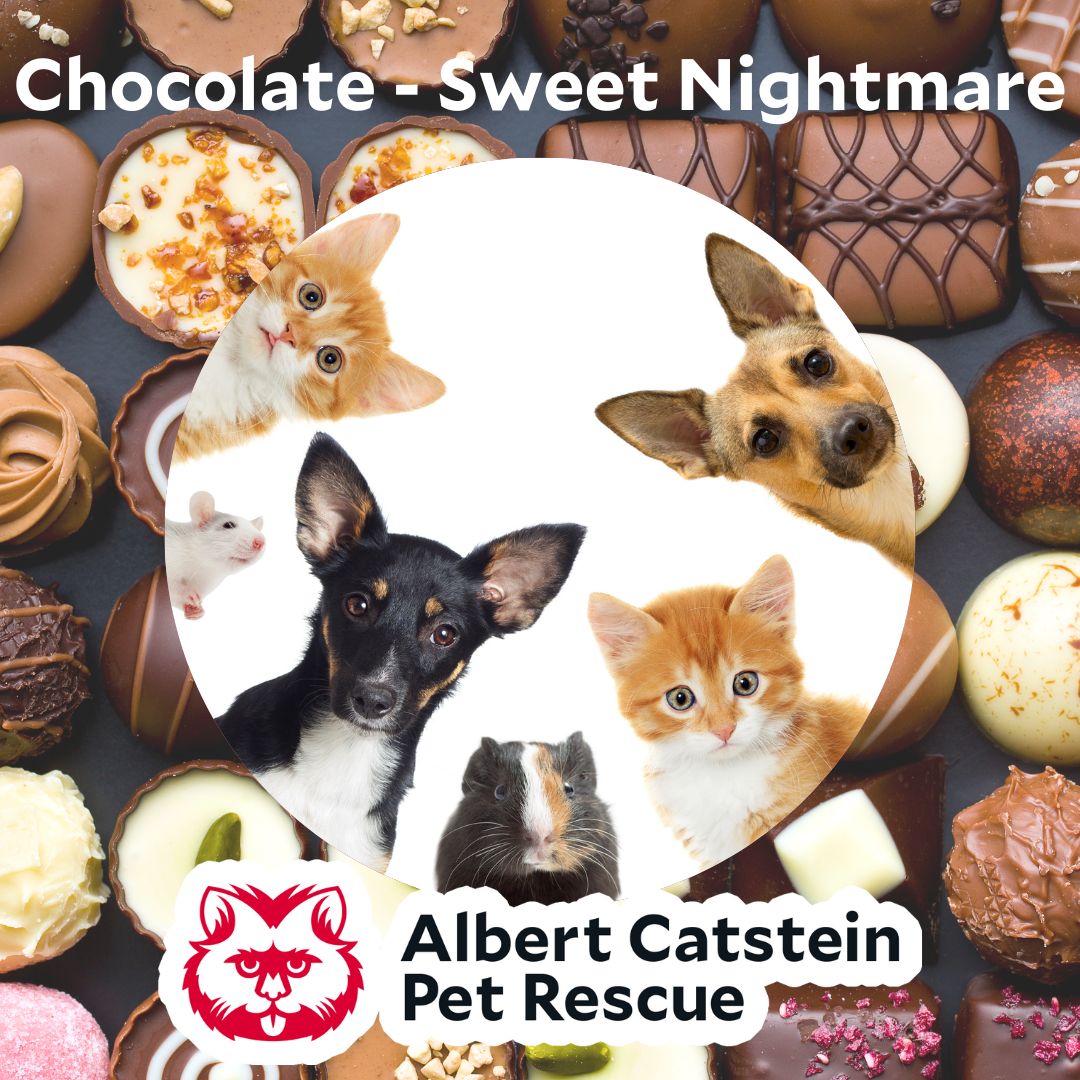A Treat for Us, a Toxic Treat for Them
Who doesn't love a piece of decadent chocolate? But while it's a delightful treat for humans, it's a dangerous delicacy for many animals. This is because chocolate contains theobromine, which is toxic to dogs, cats, and other pets.
Theobromine: The Culprit
Theobromine is a stimulant that affects the nervous system, heart, and kidneys. While humans can metabolize it quickly, animals have a much slower metabolism, allowing the toxic effects to build up quickly.
The Dangers of Chocolate Toxicity
- Vomiting and Diarrhea: Initial symptoms often include gastrointestinal upset.
- Increased Heart Rate and Breathing: Theobromine stimulates the heart and lungs, leading to rapid heartbeat and breathing.
- Tremors and Seizures: As toxicity increases, animals may experience tremors, seizures, and muscle weakness.
- Kidney Failure: In severe cases, chocolate toxicity can lead to kidney failure, a life-threatening condition.
The Darker the Chocolate, the Greater the Risk
The concentration of theobromine varies between different types of chocolate. Dark chocolate, unsweetened cocoa powder, and baking chocolate have the highest levels, making them the most dangerous. Milk and white chocolate contain lower amounts, but even small quantities can harm pets.
Prevention is Key
To protect your pets from chocolate toxicity, it's essential to take preventive measures:
- Keep Chocolate Out of Reach: Store chocolate and cocoa products in a secure location where pets cannot access them.
- Be Mindful of Holiday Treats: Be especially vigilant about chocolate-containing treats during holidays like Halloween, Easter, and Christmas.
- Educate Others: Share this information with friends, family, and neighbors to help prevent accidental chocolate poisoning.
If You Suspect Chocolate Poisoning
If you believe your pet has ingested chocolate, immediately contact your veterinarian or an animal emergency clinic. Early treatment can significantly improve the chances of a successful recovery.
Chocolate may be a sweet indulgence for us, but it's a bitter experience for many animals. Understanding the risks and taking precautions can help keep your pets safe and healthy.

